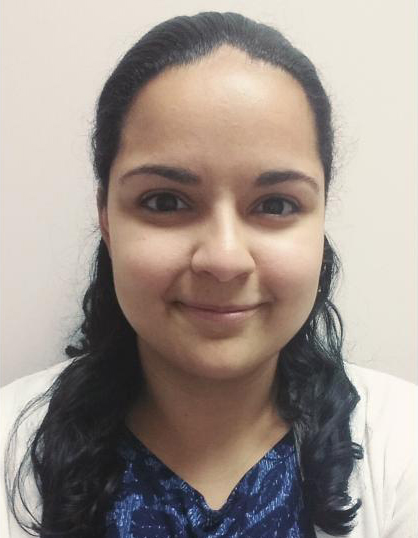We chat with writer, poet, painter and social service worker Catia Mendes to talk about art, diversity, and how Canadian literature can be more inclusive.
Catia Mendes is one of our featured panelists for our discussion on Diversity in Canadian Literature at the upcoming Feminist Arts Conference. We chat with the writer, poet, painter and social service worker to talk about art, diversity, and how Canadian literature can be more inclusive.
In addition to being a writer, you’re also a painter. Does one art practice influence the other?
It does and it doesn’t, which I find interesting. Writing for me is usually a vulnerable experience where I share my truest, inner thoughts. It’s only now that I also write for fun. Painting for me has recently become something new I’m trying as both a coping tool and for fun. When I’m not able to put my thoughts into written word, painting has become another way for me to express myself. The two work together in helping me let things out.
You’re a facilitator and performer with the anti-oppressive creative writing collective, Pages on Fire. How did you get involved with the collective and what do you love most about being a part of Pages on Fire?
Before we were Pages on Fire, we were just a random group of people who came together for a funded project to write about our experiences around racism. When the project ended, we had formed a deep connection and didn’t want to end the writing sessions. We continued to write and met weekly to write about different topics such as: injustices in the media, acceptance, belonging and love. Out of this, we became Pages On Fire. What I love about our group is that I feel safe writing. I learned to shut out my inner critic and write from the heart without fear. The energy we have when we write together is also a unique experience I’d never want to give up. More often than not, our individual pieces align when we write in unison and that’s a rare magic in this world.
You help facilitate art-based support groups for survivors of sexual violence. Can you talk about that experience and how art can be used to empower marginalized groups?
Being a survivor, I never knew how to share my trauma without feeling shame and fear. My experience being a participant of the art group and then a facilitator has been powerful. This was the first time I used art tools outside of writing. It was healing to be surrounded by other women with similar situations. Art brought us together and made it easier to share our stories. What makes art so empowering for marginalized people is that it’s a tool to express one’s self. To have power over how you can create something is extremely liberating. There aren’t any limitations on what you can do on a blank canvas, blank page, on any surface you choose. Whether you create to heal, to have fun or to feel something, art is what comes out of you and that’s the most beautiful thing. No one can take that away.
What does diversity mean to you?
Diversity to me means that we are all connecting to create an ideal world. To break that down further, I see it as all of us living and creating together, having safe spaces to be ourselves without judgement, fear & injustice. It’s being able to experience each other’s traditions in a respectful way and celebrating our differences through empowering each other.
In your view, what diverse books/writers deserve more attention?
There are so many I’d want to list here. I think it’s important to note that every writer of colour deserves attention. Our words are good enough and deserve praise. We need to constantly remind ourselves of this to be a strong & supportive community of writers.
To name a few, some writers that I think deserve more attention are (but not limited to) Lynx Sainte-Marie, Rupi Kaur, Jael Richardson, Thomas King and Léonicka Valcius. Not only do they write incredible pieces, but each one of them also do a lot of work in their communities to bring marginalized people together.
There are also the members of Pages on Fire, my most favourite writers. They are Renee McPhee, Leonarda Carranza, Tina Chu and JD Amin.
How can Canadian Literature better support writers of colour?
We all have many different reasons why we’ve come to Canada. What I love about being here are the many different people I come across and their stories. Canada isn’t just one face. Literature represents each one of us and our stories is what will support writers of colour. Every genre of writing needs characters who are people of colour. Canadian Literature needs to include us in their literary festivals, encourage us to submit our work to magazines, contests and publishing companies. Writing grants and workshops need to be accessible. The literary community needs to continue to expand and provide support to each other. We need our white allies to read and buy our books and for our people of color to keep encouraging us to write. This needs to happen so we can see our books across different store shelves, in school curricula, libraries, and most importantly, until we no longer feel that there isn’t enough representation of us, of our stories.
Nailah King is a member of the Growing Room Collective and the editor of Room‘s upcoming Women of Colour issue (39.1).














